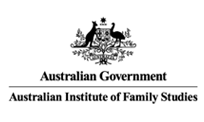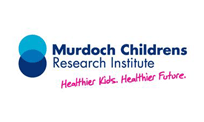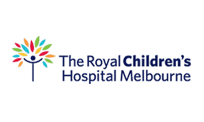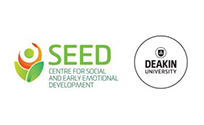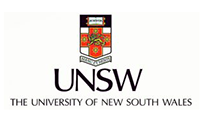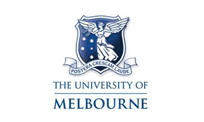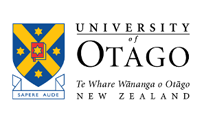
Download the 2019 ATP Newsletter
Thanks to all of our ATP families for your continuing support. We wish you a safe and happy festive season and all the best for 2020!
Generation 3 Update
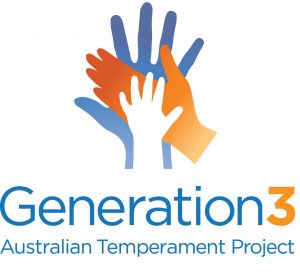
We are excited to announce that recruitment for our Gen3 study is finished! We now have close to 1200 children involved in our third ATP generation. We would like to say a massive thank you to all the Gen1 and Gen2 participants we’ve contacted throughout the recruitment process. The Gen3 study is now one of the largest of its kind internationally and we couldn’t have done it without you! We are also pleased to let you know that our pregnancy and 8 week studies have also wrapped up this year. We are also in the final stages of completing our Life@1 assessments. In 2020, our Life@4 assessment will remain in full swing. Thanks so much to those who have participated already. We really enjoy our phone conversations with parents and meeting all the families who are able to come into the Royal Children’s Hospital. Some of you have travelled long distances and/or attended with twins or multiple children. We really appreciate your commitment to the study.
In extra good news, we have recently received new funding from the National Health and Medical Research Council and the Australian Research Council to continue our Life@6 online survey and establish a new comprehensive social, emotional and physical health check at 8 years of age. We will be in touch about this latest wave shortly.
Generation 2 Update: Latest Findings
Your contribution is making a real difference
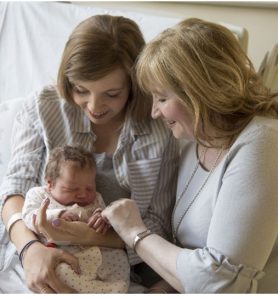
Policy makers in education and health often ask us about how ATP findings can help to promote health and development. In one of our recent studies, we explored how to ensure that all children are able to reach their full potential. We brought together a powerful combination of data from ATP and the large Australia-wide study, “Growing Up in Australia”, from infancy to 12 years.
We found that, from childhood, there were differences in children’s development according to their socioeconomic circumstances, and many of these are preventable. These findings have highlighted the importance of policy change aimed at ensuring children living in difficult circumstances are given the right supports early in life. Programs such as regular home visits by nurses in the early years are an example of policy changes that benefit families and help reduce the impact of disadvantage on children’s development.
Mental health and criminal behaviour
Another recent study using ATP data explored mental health and crime, a big concern in some communities. Increasingly, research is finding that the mental health of young people in the justice system is critical to their rehabilitation and to their ability to lead rewarding lives. Our study of participants aged 13 to 32 years found that those who reported higher levels of delinquency and antisocial behaviour also had higher levels of depression. Not surprisingly, stressful life circumstances contributed to worse mental health problems. Having good support from both parents and peers helped to protect them against mental health problems. These findings underscore the importance of a focus on mental health to help prevent criminal behaviour and to reduce the personal and societal costs of crime.
What’s happening next with the ATP?
Using information you have provided us over the last 36 years, we are working to identify what helps and hinders healthy development from infancy to adulthood. Some topics we are currently looking at are patterns of alcohol, tobacco and cannabis use from adolescence to adulthood, wellbeing in young adulthood and its impact on parenting the next generation, and couple relationship quality over two generations.
We are also working with other research teams to explore health and wellbeing across generations. We have received federal funding to collaborate with two other large, long-running longitudinal studies that have also followed the children of their participants. Participants in the Dunedin Multidisciplinary Health and Development Study in New Zealand and the Victorian Intergenerational Health Cohort Study were born in the 1970s so they are a bit older than ATP participants, but have grown up in similar circumstances. We can combine data from these studies to look at key gaps in knowledge about the links across generations in health and development.
Look out for results from these studies on Facebook, on our website and in future newsletters.
Stay in touch

As we enter our 37th year, we encourage all participants and families to join our ATP community on Facebook: Here we post lots of interesting articles and resources for all three generations of participants, as well as study updates.
Prize draw
Each of you contributes a unique experience to the study, so we really want to stay in touch! For your chance to win a $100 Coles Myer voucher, all you need to do is update or confirm your details by the 6th of January 2020. One lucky Gen1 or Gen2 participant will be chosen at random. Good luck!
Update your details here to enter!
Or via phone or email:
(03) 9345 4129 / [email protected]
Or via post:
Australian Temperament Project
Department of Paediatrics, University of Melbourne
Royal Children’s Hospital, 50 Flemington Rd
Parkville VIC 3052



